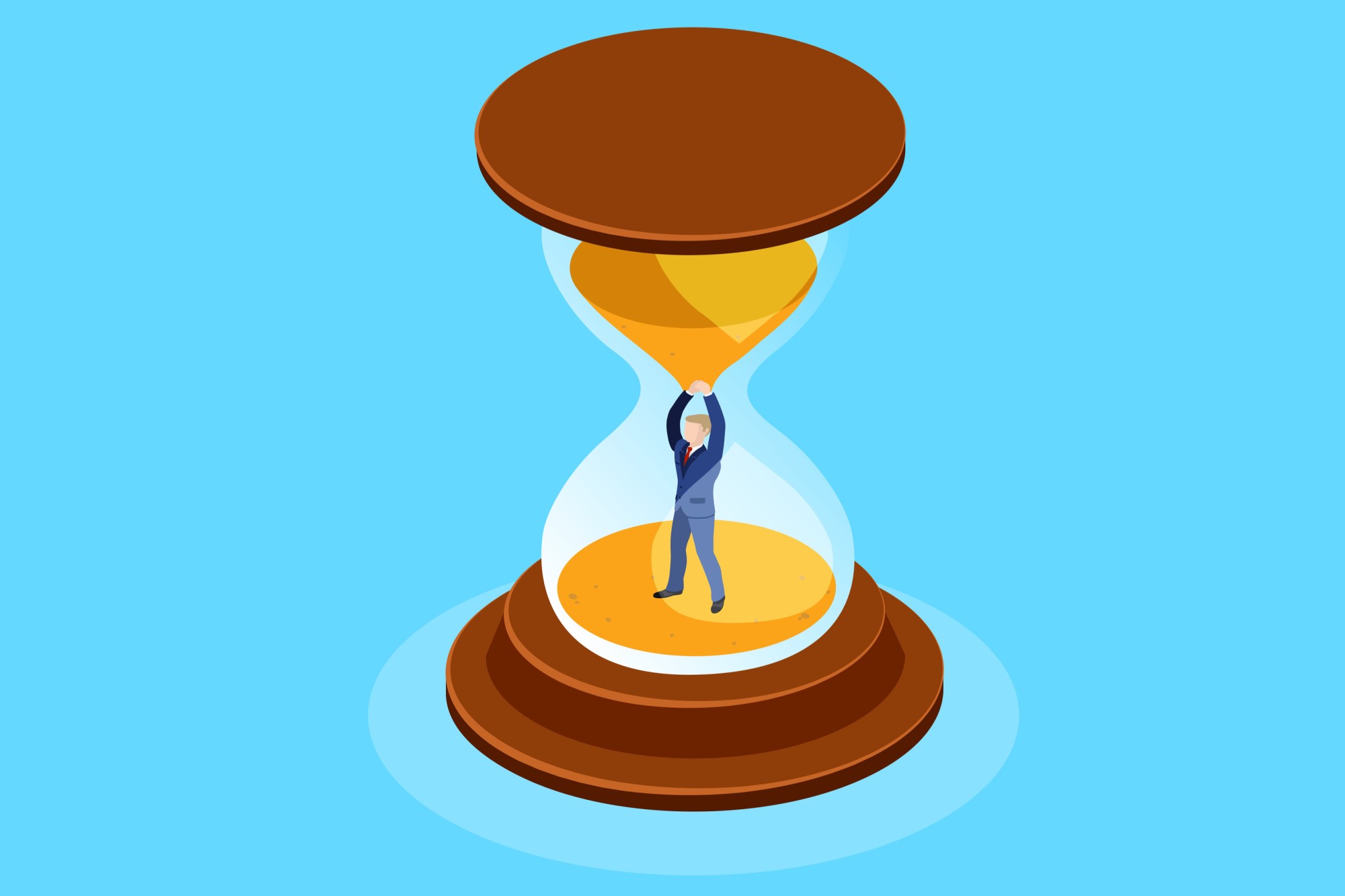Why Be Productive?

Whenever I go online, I am inundated with productivity advice. It may be because it’s still the early days of a new year, and with a new year comes a fresh market for those who made resolutions to get more done. Or it may be that the algorithms serving me content have learned that I can’t help but hate-read articles with titles like “Nine CEOs reveal their favorite productivity hacks” and thus shovel more and more productivity articles onto my various feeds, greedy for my clicks and indifferent to my disdain.
Productivity advice is also simply popular. The New York Times best sellers list, for example, consistently features books aimed at enhancing your productivity. Atomic Habits has, at the time of writing, been on the list for 216 weeks; Adam Grant, the author of Hidden Potential: The Science of Achieving Greater Things has sold “millions of copies” of his various productivity/self-help-for-the-LinkedIn-crowd books; and my now-polluted news feeds tell me I absolutely must check out Feel Good Productivity, which challenges the idea that productivity is all about toil and sacrifice, and dares to ask: “But what if there’s another way?”
There is nothing inherently wrong with wanting to be more productive. But the productivity industry thrives on feelings of inadequacy and insecurity in a system that is constantly demanding more of people. It’s worth asking: what are the potential ethical concerns with productivity advice, and why should we care about being more productive in the first place?
Productivity advice can come in different forms. Some give you practical tips to get more done during the day, with suggestions for specific tools or ways of blocking off your time. Others tell you to get rid of the things that are distracting you; social media and screen time being common scapegoats. Others still focus on your motivation or mindset, or get you to develop systematic ways of thinking and approaching your problems.
Regardless of the type of advice, the common denominator of your productivity failures is you. Despite consistent trends of people feeling increasingly under pressure, stressed, and burnt out amid an uncertain economic climate, the source that is consistently identified as being the cause of lackluster productivity is not an overly demanding system, but a lacking on the part of the individual.
We might think that the very last thing that people need right now are suggestions about how to get even more done when they feel like the demands they already face are overwhelming. The productivity industry, however, does not question the expectations one faces to be productive but takes for granted that any failure to meet those expectations is personal.
Of course, one might want to find ways of being more productive precisely because the demands of work and life are getting in the way of other important, non-work-related projects one wants to accomplish. If that’s the case then the abovementioned best sellers will have plenty of solutions for your productivity woes.
But the productivity industry cannot sustain itself by producing contented individuals who are able to achieve their goals. Instead, it thrives on the insecurities and anxieties of those who feel pressure to do more, and helps to reinforce those anxieties by providing ill-supported and inconsistent advice.
Consider a recent trend in the productivity sphere: the realization that simply pushing yourself more to try to get as much done is ultimately counterproductive, and that you need to take breaks every so often (so that you can be more productive later). So I might wonder: is it okay for my productivity if I play video games every once in a while? According to Feel Good Productivity, sure, it’s something you can do if the day is a write-off, and not something to beat yourself up about; according to Atomic Habits, it’s a waste of time, something to distract you from developing better habits; according to Hidden Potential, playing a video game like Tetris can be beneficial in that doing so can help you process trauma better.
That different productivity guides classify the same act as sometimes bad, sometimes neutral, and sometimes actively therapeutic is indicative of the shaky and inconsistent grounds of the productivity industry (in this example: somewhat insipid common sense, personal anecdotes, and curated scientific studies, respectively). While many of the best-sellers will claim to be backed up “by science,” it’s clear that there’s no rigorous standard that any of these authors is being held to. In practice that means you either need to adhere to one system, or else be paralyzed with the knowledge that no matter what you’re doing to try to be more productive you are most likely, according to one or more of these guides, doing the wrong thing.
Another common thread that runs through a lot of the contemporary productivity industry is that you are much less likely to get something done if you do not, in some way, want to do it. This insight is the basis of Feel Good Productivity, which states that the first step in being more productive is feeling good, which in turn leads to reducing stress, giving you more energy, and then, of course, producing more. Hidden Potential makes the same claim: one needs to turn “I have to” into “I want to” in order to hit the relevant metrics one hopes to achieve. Simply buckling down and grinding out hours isn’t going to help, these authors claim: you need to allow yourself the opportunity to explore, play, and have fun to become more productive.
This advice might sound somewhat benign, but there are at least two reasons to be skeptical of its value.
The first is that the system that has created the productivity advice industry inhibits your ability to follow that advice. It would of course be nice to have the space to be able to explore, play, and have fun when trying to build up motivation and accomplish one’s tasks, but performance pressure that is present in many industries, along with demands that allow for less detachment from our work and increasing feelings of shame for not staying connected does not provide the conditions necessary for good-feelings-based productivity. While one’s mileage will certainly vary when it comes to the demands one faces in day-to-day life, that productivity advice is so ubiquitous is reflective of a system that demands more from us, not one that allows us to take our time and enjoy ourselves.
Second is the notion that “feeling good” should be put to use. While it’s likely true that, on average, people can get more done if they’re feeling happy as opposed to, say, stressed and miserable, feeling good presumably ought to be the end of one’s actions, not the means to simply do more.
The question as to why one should be more productive in the first place is not one that I ever recall seeing in any productivity guide. But it is a question worth asking before trying to become someone who tries to get more done when, chances are, the demands you face are already high enough.




